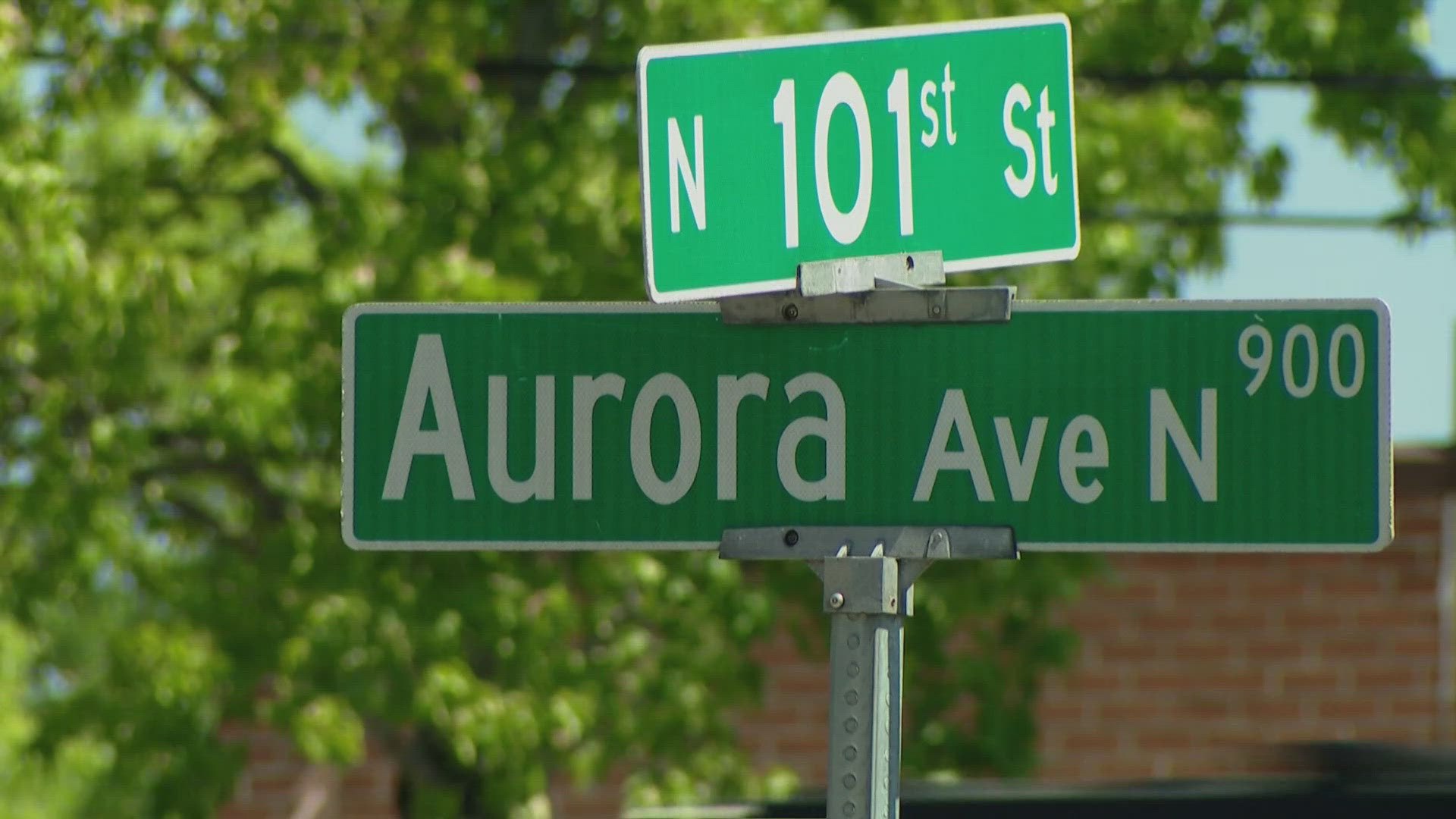SEATTLE — A proposal that a Seattle City Council member says aims to target sex trafficking and gun violence is drawing both strong opposition and support from the public.
The ordinance, submitted by Councilmember Cathy Moore, was first read at a Seattle City Council Public Safety Committee meeting on Tuesday morning, where nearly 70 people signed up to give public comment.
The Stay Out of Area of Prostitution (SOAP) zone proposal would put the crime of "prostitution loitering" back on Seattle's books four years after it was initially struck by the City Council. In 2020, council members unanimously repealed the previous prostitution loitering ordinance, citing harm to sex workers who were already at high risk of trafficking, abuse and exploitation, and data that similar laws in other cities disproportionately impact people of color.
In a press release, Moore said the new law is in response to commercial sex exploitation and the "rampant and escalating" gun violence that has accompanied it along Aurora Avenue North. Seattle police data shows that from mid-May to mid-July, there were 31 shooting incidents in the area.
"We need to disrupt right now the commercial sexual exploitation ecosystem that is driving gun violence on and near Aurora," Moore, whose district covers part of Aurora Avenue, said in a release. "We need this for the safety of our neighborhoods, our school kids, our residents and businesses."
The ordinance would make selling or buying a sex act a misdemeanor within the city of Seattle and would make "promoting loitering for the purposes of prostitution" a gross misdemeanor. That charge would apply to anyone who repeatedly transports another person to a known area of prostitution and/or repeatedly monitors or surveils a person or persons engaged in prostitution loitering.
The ordinance would also create SOAP zones. These zones encompass areas of Seattle with high levels of illegal prostitution or other related criminal activity. A municipal court judge would have the power to bar anyone charged with or convicted of any prostitution-related crimes from entering those areas of the city.
Public comment Tuesday covered a wide range of opinions, from those who outright opposed and supported the ordinance, to those who wished for a better alternative but didn't know what else to do.
A number of people who live near Aurora Avenue appeared both remotely and in person and spoke about being overwhelmed by the escalating gun violence in their neighborhood, concerned for their personal safety and helpless in the face of the suffering of sex workers that they have witnessed being trafficked.
Those who spoke in opposition to the ordinance, including outreach workers and Aurora Avenue neighbors, expressed concern that the law would not actually address gun violence but would instead disproportionately harm people of color, trans women and sex workers while doing little to deter sex traffickers who are the main perpetrators of violence in the neighborhood.
The ACLU of Washington sent a letter to the Seattle City Council and City Attorney Ann Davison, writing that the ordinance would "not only cruelly target our most vulnerable populations and expand police powers to harass our neighbors," but also that the SOAP proposal, along with a similar proposal from Davison targeted at drug offenders, would criminalize poverty and substance use disorder.
The ACLU went on to write that the proposals raise "serious constitutional concerns," saying that empowering law enforcement to stop, search and arrest people based on their perceived status as people in the sex trade or as drug users allows police to profile, harass and make arrests based on "appearance rather than criminal activity." The organization said further that pre-trial imposition of a ban from a SOAP or Stay out of Drug Area (SODA) zone would raise concerns about violating the constitutional right to travel and associate.

